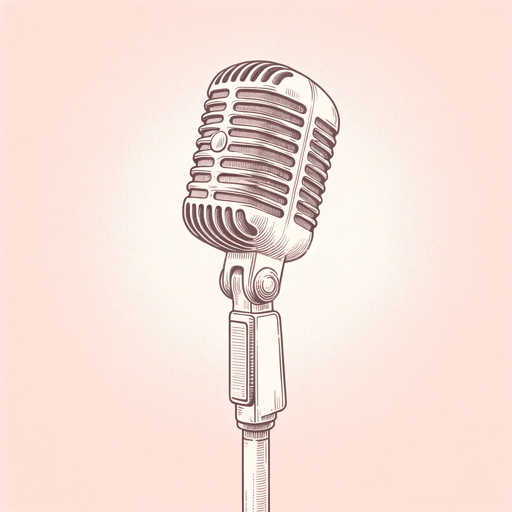56 pages • 1 hour read
Barbra StreisandMy Name Is Barbra
Nonfiction | Autobiography / Memoir | Adult | Published in 2023A modern alternative to SparkNotes and CliffsNotes, SuperSummary offers high-quality Study Guides with detailed chapter summaries and analysis of major themes, characters, and more.
Important Quotes
Content Warning: This text features discussions of sexual assault, death by suicide, domestic abuse, drug and alcohol misuse and addiction, sexism, antisemitism, racism, anti-gay bias, and xenophobia.
“Sometimes it felt like my nose got more press than I did. In the cover story in Time magazine, the writer said, ‘This nose is a shrine.’ (Sounds good!) Then he went on, ‘The face it divides is long and sad, and the look in repose is the essence of hound.’ (Not so good.) So which is it? Am I a Babylonian queen or a basset hound? Probably both (depending on the angle).”
(Prologue, Page 12)
Barbra Streisand was often judged for her appearance and attractiveness over her talent, something that troubled her throughout her career. Her self-deprecating tone in this excerpt is recurs throughout My Name Is Barbra, showing how she is often torn between being proud of herself and wanting to do better. This early quote also introduces Streisand’s nose as a symbol of her relationship with Public Image and the Impact of Fame.
“For forty years, publishers have been asking me to write my autobiography. But I kept turning them down, because I prefer to live in the present rather than dwell on the past. And the fact is, I’m scared that after six decades of people making up stories about me, I’m going to tell the truth, and nobody is going to believe it.”
(Prologue, Page 13)
Streisand’s fear that no one will believe her if she tells the truth emphasizes the dichotomy between her true self and the public’s perception of her. This also gives insight into her outlook on life: She prefers to live her life rather than reflect on her past.
“When I watched other performers, some of them seemed odd to me. They were so eager to please the audience, telling them how great they were, saying things like, ‘I only feel alive when I’m onstage.’ […] It made me squirm. Even though deep down, I might have been more needy than they were. I just didn’t believe you should show it.”
(Chapter 4, Page 101)
This excerpt shows Streisand’s complicated relationship with performing. Though she loves creating art, the fulfillment she gets comes from herself rather than others. Even so, she still feels a need to connect with her audiences, something she continues to struggle with throughout her career.

